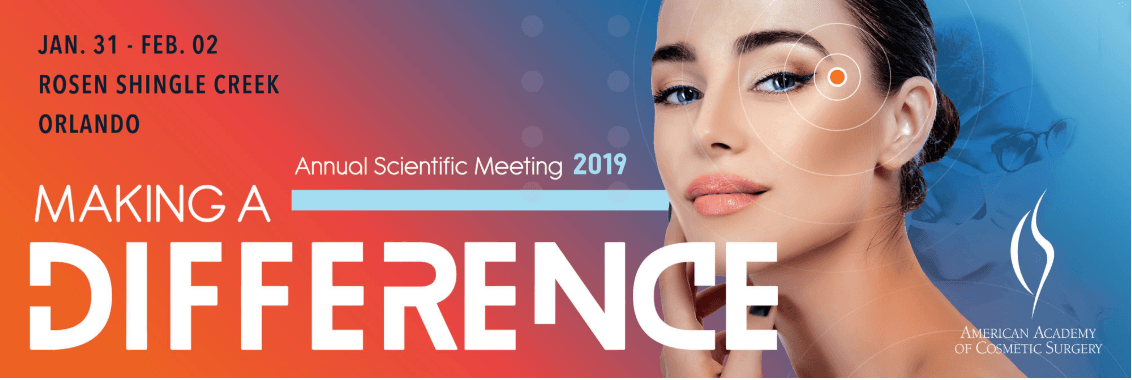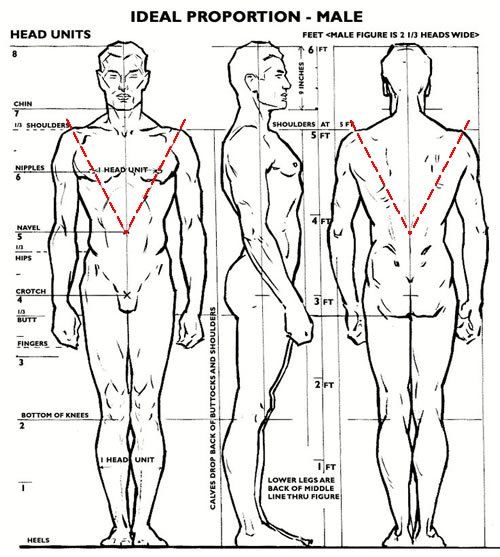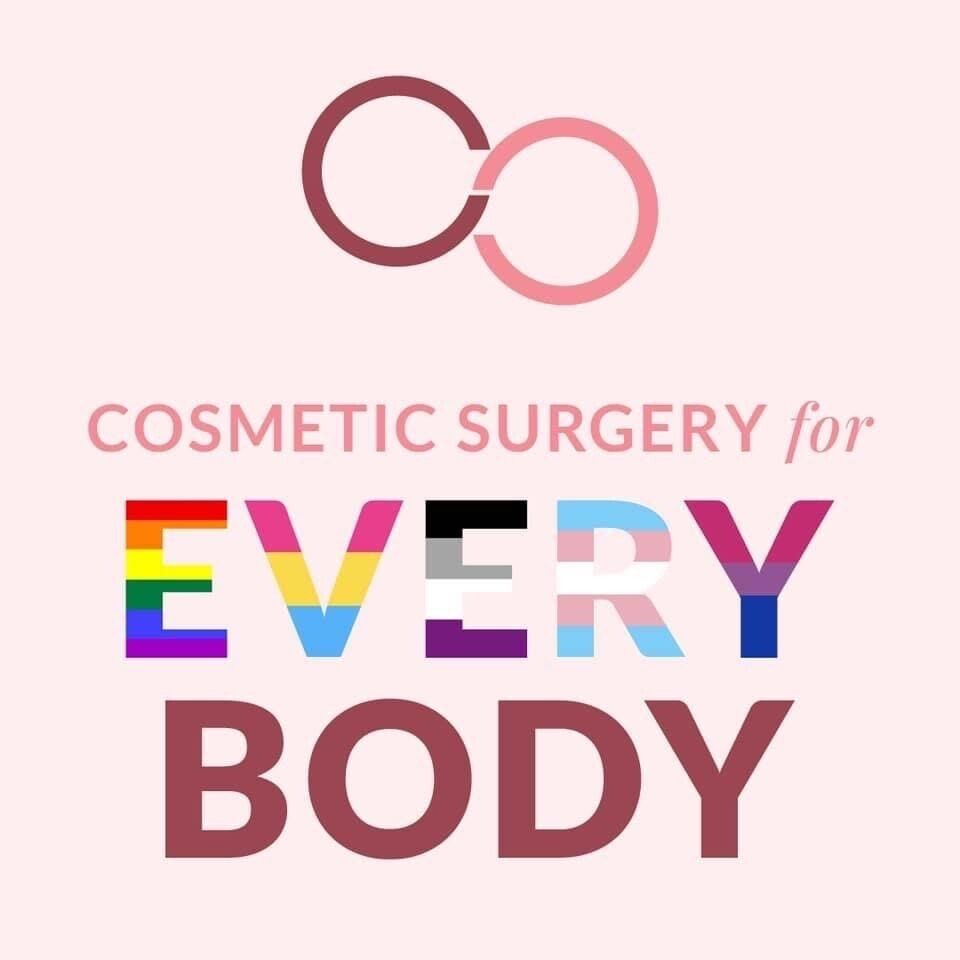5 Weird Things That Happen After Cosmetic Surgery
1. Random Meltdowns

You were worried going into surgery. A few helpful friends shared horror stories of their own cosmetic surgery experiences or, better yet, sent you links to the latest “fake surgeon operating out of a garage” story. But now a couple of days have passed, and you’re doing OK. In fact, you’re wondering what all the fuss was about. You’re getting around without help, piddling in the kitchen, and thinking that maybe a few yoga stretches wouldn’t hurt anything. You’re pretty sore, but you’re handling it. In fact, you’re kind of feeling like a warrior woman in an armor of foam & velcro compression garments that would make your average Victorian princess cry for mercy. No doubt about it. You are the same resilient, independent badass you always have been. Then it happens. Maybe you’re maneuvering into the shower, or reaching for something you’ve dropped, or you’re just alone for the first time after surgery when the waterworks start. You’re crying and you have no idea why, but you suddenly feel deeply, existentially sad. We’ve known for some time that up to 75% of people experience post-surgical depression. But, cosmetic surgeons rarely discuss it with their patients beforehand. The good news is that it is temporary, nearly always resolving within 6 months. The causes are multifactorial and may include the effects of anesthetics, antibiotics and narcotics, altered sleep and digestion, and the physical changes, however positive, which can leave you feeling disoriented. I also suspect that the quiet time necessary for healing causes us to face feelings about ourselves and our lives normally masked by our day to day busy-ness. My best advice? Accept your feelings as a normal response to a big transition. Reach out to your friends, gently exercise (a long walk is an amazing tool), and consider speaking to a counselor…after all, you’re already taking time off!
2. Lactation

Your milk’s come in…and you’re not even pregnant! Whether it is the breast massage recommended by many surgeons or the pressure of the breast implants themselves it is not uncommon to experience spontaneous lactation after breast augmentation.
3. You Actually Lose More Weight

A 2013 study in the journal of the American Society of Plastic Surgery revealed that many women undergoing abdominoplasty (tummy tuck) had lasting weight loss at one year post-op, above and beyond the fat removed at surgery. Anecdotally, I’ve known several patients who remained slimmer following cosmetic surgeries. Whether it is increased self-esteem, feeling more comfortable in gym shorts, or the neuroendocrine shifts that come with reducing fat cell produced hormones that affect appetite, you can’t beat immediate and long-term benefits.
4. The "PM Puffies"

You may think of liposuction as an immediate fix. But, the truth is that some swelling, lumpiness, and numbness commonly lasts for up to six months with subtle tightening for another year. Most folks see 80% of their liposuction results at one month; which is also when you stop wearing compression garments. Following that you may find that, like a sprained ankle, the liposuctioned areas may look flat and defined in the morning and be slightly puffy by evening or after several hours of more vigorous activity. This too shall pass.
5. You Embrace The “Ugly”

Strange thing about us humans, once we know that something is within reach it doesn’t seem so urgent. Just knowing that you can alter your physical appearance can prompt a survey of which things feel undesirable, which things you want to enhance, and which “imperfections” make you, you. Knowing that we are choosing to love, or at least live with, a distinctive feature makes us less self-conscious and more confident.
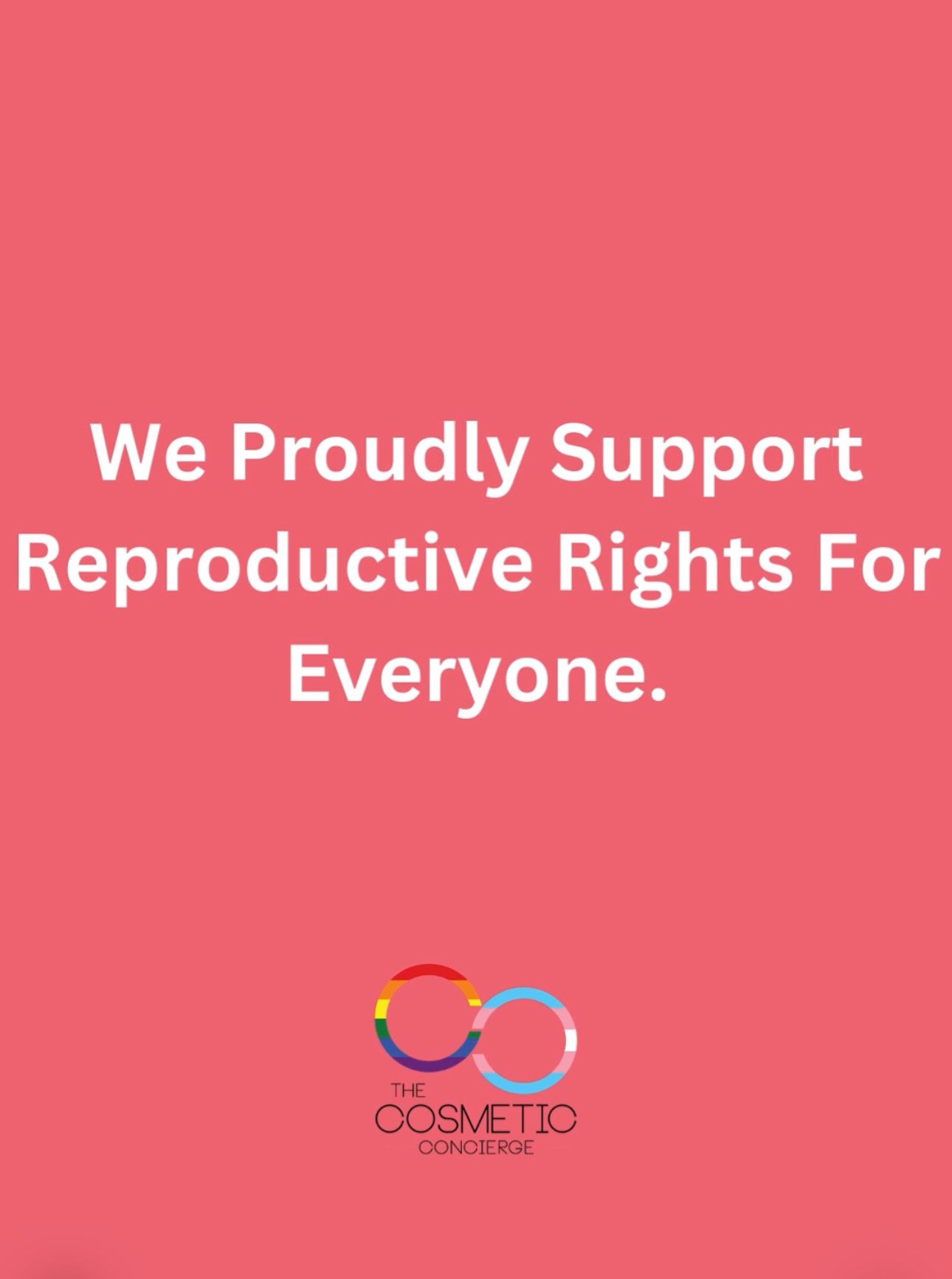
Free Plan B Now Available @thecosmeticconcierge Our restroom is stocked with free Plan B emergency contraception thanks to the generosity of @charlotteforchoice We are deeply grateful for their support in making reproductive care accessible to all. Please take only what you need for yourself, your friends, or your community so we can continue to support as many people as possible. If you have any questions about emergency contraception or other reproductive health resources, feel free to ask our staff. #ReproductiveFreedom #HealthcareForAll
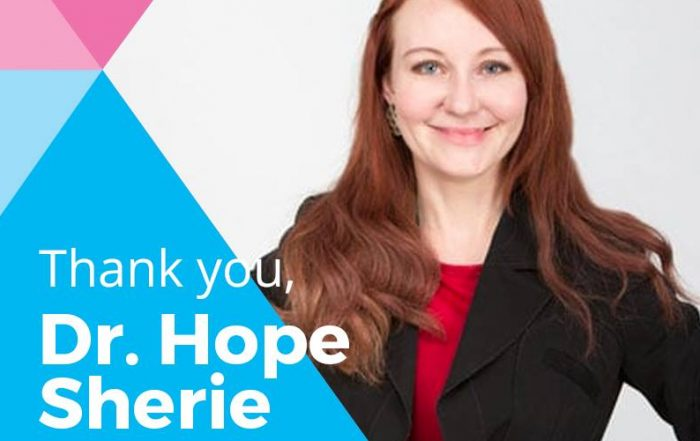
Point of Pride is a non -profit that works to benefit trans people in need through gender-affirming support programs that empower them to live more authentically. Website: pointofpride.org “A special thank you to Dr. Hope Sherie and the team at The Cosmetic Concierge for their generous support of Point of Pride’s Annual #Transgender Surgery Fund and other programs and services that support #trans folks in need! Dr. Sherie is not only one of the leading surgery experts for a number of gender-affirming procedures but also generously gives back to the community she serves. “ – Point of Pride
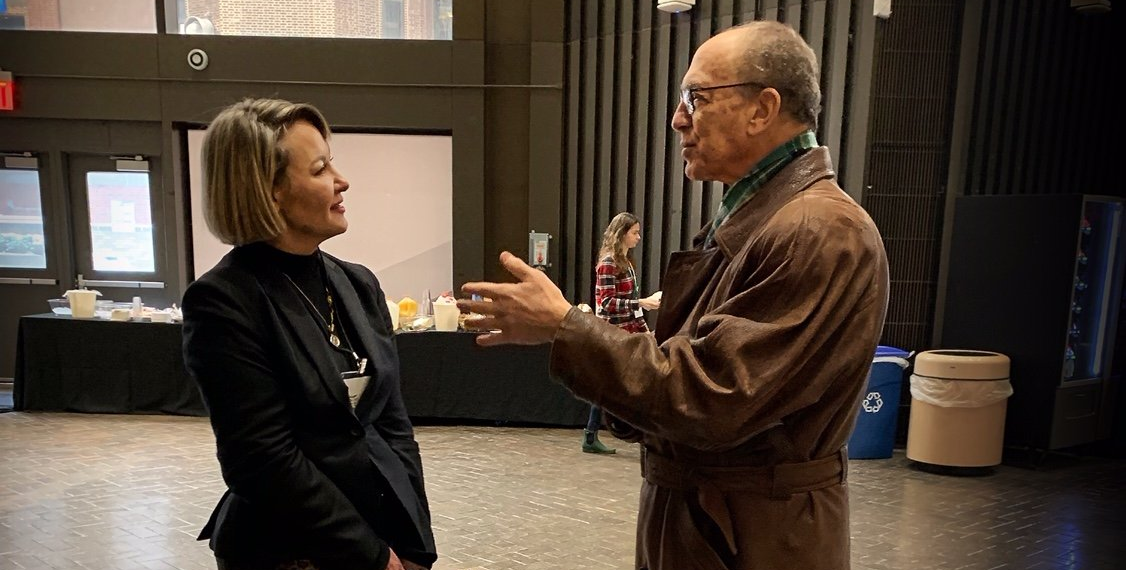
Dr.Sherie recently attended the WPATH Surgery Conference in New York, NY. It was an invaluable opportunity to discuss collaboration and share experiences with accomplished colleagues like Drs. Paul Weiss and Sherman Leis. We have so much work to do in advancing gender affirming surgical options for our patients.
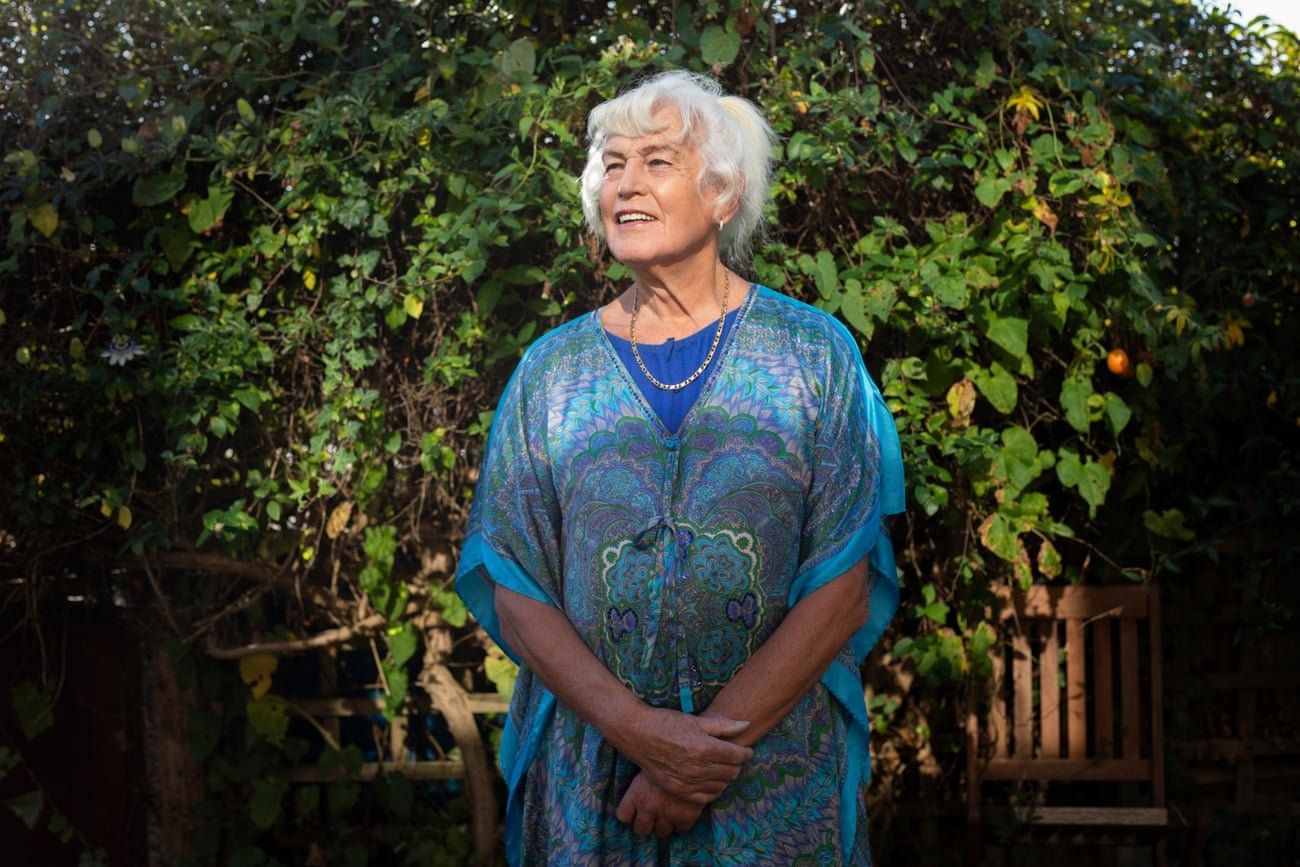
Early in October, Ruth Rose went on holiday to Corfu with a group of female friends she had known for years. They swam in the sea every day, making the most of the late summer sunshine. On the last morning before flying home to England, the women took one last swim and skinny-dipped so as not to have to pack their costumes away wet. Such adventures would once have been unthinkable for Rose. But the surgery she underwent at the age of 81 has opened doors she would never have thought possible. “In some ways it’s like having new hips after being told you would be condemned to arthritis for the rest of your life,” she says. “You do it, and life begins again. And that’s what happened to me. Age has nothing to do with it.” When we read about people transitioning gender, the focus is often on teenagers; in an emotive debate about access to school changing rooms and Guides camping trips, older trans people are rendered almost invisible. Yet there are more than five times as many adult as child gender identity patients in the UK. Some are now having gender reassignment surgery not just in late middle age, but well into retirement. The numbers remain tiny, but they are rising; according to the NHS, 75 people aged between 61 and 71 had gender reassignment operations in the seven years to 2015-16, and that’s not counting people who quietly transition without surgery. These trans baby boomers are now beginning to challenge received ideas not just about gender but age, and the capacity of older people to live bold, adventurous lives. “I think people need to learn quite fast that older people no longer all fit the white-haired granny stereotype,” says Jane Vass, the head of public policy at Age UK. The charity recently published advice to older people who are transitioning, covering everything from the impact on state pension ages to what to write on death certificates. “If it was ever true that older people were all the same, it’s certainly not now. And yet we still seem to respond as a society to a very narrow view of what ageing is,” adds Vass. Later life is full of changes, she points out, from the end of a career to the death of a spouse. Why wouldn’t it also be a time in which people embrace opportunities denied them in the past, before it’s too late? It’s perhaps only now that many older people feel comfortable coming out, having grown up in a time when being trans was so steeped in shame and silence that many couldn’t even put a name to what they felt. “I remember as a child thinking, am I unique? Am I strangely perverted?” says Christine Burns, the 64-year-old trans activist and author of the social history Trans Britain: Our Journey From The Shadows. It was only in the 1960s, when the Sunday People newspaper began salaciously to out trans people – most famously the Vogue model April Ashley – that she understood she was not alone. “To see those stories, egregious as they were, helped in a sense. I always say that, on that Sunday morning, I learned there was a name for people like me, but also that it was worse than I feared.” Half a century on, trans people undoubtedly still experience stigma and discrimination. Fierce debate about proposed changes to the Gender Recognition Act, which could enable people to identify themselves as trans rather than going through a drawn-out process of medical and psychiatric assessment, has turned trans acceptance into a political football. But for those raised in an era when men could be arrested just for wearing women’s clothes in public, the thaw in public attitudes is still striking. “When I first came out [in the 1970s], I got reported to the police and my employer, for being in charge of a company vehicle dressed as a woman,” recalls Jenny-Anne Bishop, the chair of the support group Trans Forum, who had gender reassignment surgery at the age of 59. “Now I’m as likely to have lunch with the chief constable to discuss hate crime reporting. It’s changed that much.”
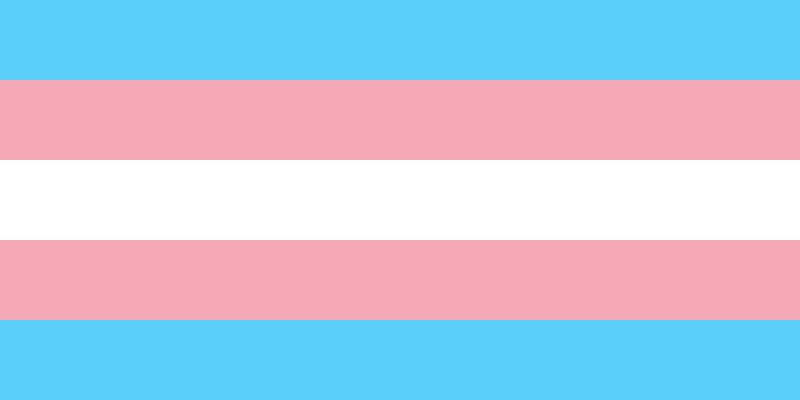
Cosmetic Concierge would like to thank psychologist David Bathory for inviting Dr. Sherie to be the first guest at his Transgender Surgeon Series in Winston-Salem. Dr. Sherie had a great time talking to David’s group and getting to see some old friends as well. The event was titled “An Evening With Dr. Hope Sherie” and was the first of a series of surgeon presentations he has lined up for his Trans Support Group.

The mission of the Philadelphia Trans Health Conference (PTHC) is to educate and empower trans individuals on issues of health and well-being; educate and inform allies and health service providers; and facilitate networking, community-building, and systemic change. We strive to create an accessible and respectful environment that is inclusive of diverse gender-identities and expressions as well as inclusive of diverse opinions and ideas. Now in its fifteenth year, PTHC proudly offers a space for trans people and our allies, families, and providers to come together to re-envision what health means for trans people. Further, PTHC recognizes that accessible and quality healthcare is an integral part of self-determining our bodies and identities in the larger world. As much as possible, PTHC strives to ensure that the conference addresses the diverse needs of all people who identify as trans or beyond the binary gender system, as well as our partners, families, and allies. In addition, in an effort to increase the availability of quality, culturally-competent care for transgender communities, PTHC also provides a Professional Development track for medical providers, behavioral health professionals, and lawyers. We are committed to making the conference as inclusive and accessible as possible. Therefore, the Philadelphia Trans Health Conference charges no general conference registration fee.



